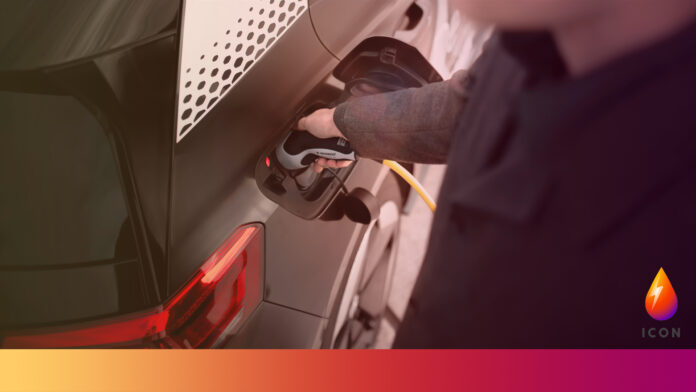
A clear policy framework is essential to ensure that industry can deliver the vehicles and charging infrastructure required to deliver the Government’s ambition, according to a new Transport Committee report.
Titled ‘Zero emission vehicles’, the report outlines a set of recommendations to Government to boost the production and purchase of electric vehicles as the net zero deadline approaches.
Chair of the Transport Committee, Huw Merriman, commented: “As car usage returns to pre-pandemic levels, we must keep our sights locked on the target: all new cars and vans should be electric by 2035 at the latest.
“To help consumers see their route to a zero emission world, choosing to run an electric vehicle must be as seamless as possible. Today we offer a set of recommendations to help Government hit the accelerator on its ambition.
“Putting guarantees in place on infrastructure is crucial but one report after another flags concerns to Government about the provision of electric car charging infrastructure. Let ours be the last: it’s time that ministers set out the route map to delivering a network of services for everyone across the UK.
“The Government’s inclusion of a ZEV mandate in a recent consultation is welcome but not enough on its own. Charging electric vehicles should be convenient, straightforward and inexpensive and drivers must not be disadvantaged by where they live or how they charge their vehicles. Shifting the subsidy from the taxpayer to the manufacturer will incentivise those who deliver the fewest electric vehicles in our showrooms to up their game.
“Unless the National Grid gains more capacity, consumer behaviour will have to alter so that charging takes place when supply can meet the additional demand. The alternative will be blackouts in parts of the country.
“We also cannot have a repeat of the broadband and mobile ‘not spot’ lottery which would mean those in remote parts cannot join the electric vehicle revolution.”
According to the report, questions remain on whether the Government’s current plans are enough to deliver the public charging infrastructure needed across all regions of the UK and whether it will benefit everyone.
The report also outlines that accessible and reliable charging infrastructure must be available by 2030 but drivers who live in rural or remote areas or who don’t have off-street parking risk being left behind.
Unless charging habits change, or the National Grid is strengthened, the Committee states, concerns exist that the charging needs from millions of new electric vehicles will cause blackouts to parts of the country.
Recommendations of the report include:
- The Government must work with the National Grid to map national coverage to eradicate ‘not-spot’ areas and identify locations where the Grid will not cope with additional usage
- The Government must make public charge provision a requirement of local development and provide funding for local planning and transport bodies to hire staff with a mandate to deliver charging infrastructure
- The Government must protect the consumer from excessive charges and multiple accounts when charging in public
- The Government must address the discrepancy between the 5% VAT incurred for home charging and 20% VAT for on-street
- The Government must insist that industry uses price to change consumer charging behaviour to a ‘little but often’ approach and at times when the National Grid can meet total demand
- The Government must boost the manufacturing and sales of new electric vehicles by requiring those who sell the fewest electric vehicles to buy credits from those who produce the most; such credit to then be used to reduce the purchase price of electric vehicles (the ‘ZEV Mandate’).
The full ‘Zero emission vehicles’-report is available on the UK Parliament website.